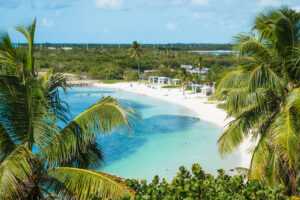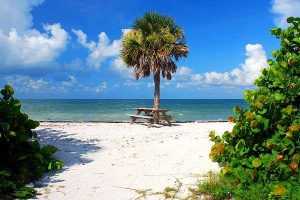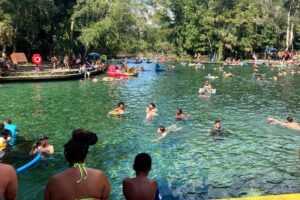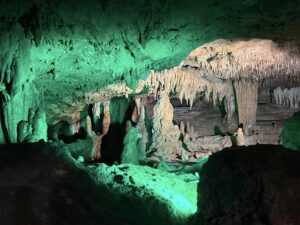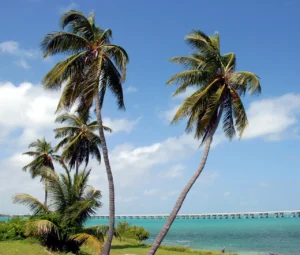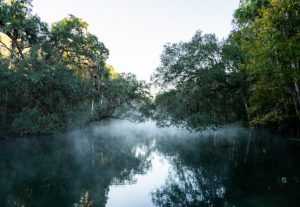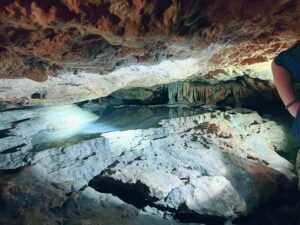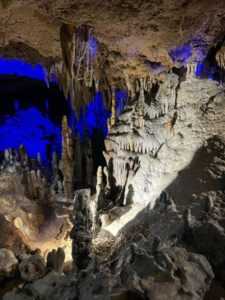Bahia Honda State Park, a pristine gem nestled in the Florida Keys, not only captivates visitors with its natural beauty but also stands as a testament to environmental stewardship. This article delves into the park’s exemplary conservation initiatives, shedding light on restoration projects, sustainability practices, and the ongoing efforts to protect its delicate ecosystems. As we explore the success story of Bahia Honda State Park, we also provide insights on how visitors can actively contribute to the continued conservation of this ecological haven.
1. A Symphony of Restoration: Rejuvenating Ecosystems
Bahia Honda State Park has embarked on ambitious restoration projects aimed at rejuvenating and preserving its diverse ecosystems. The park’s management recognizes the importance of maintaining the delicate balance of nature and has undertaken initiatives to restore habitats affected by human activities and natural events.
One notable project focuses on the restoration of mangrove swamps, crucial for coastal resilience and the well-being of marine life. By planting native vegetation and implementing erosion control measures, the park ensures the vitality of these critical habitats. Visitors can witness the fruits of these restoration efforts as they explore the park, observing the thriving ecosystems that benefit from these endeavors.
2. Sustainability Practices: Reducing the Ecological Footprint
In its commitment to sustainable practices, Bahia Honda State Park has implemented measures to minimize its ecological footprint. From energy-efficient facilities to waste reduction initiatives, the park strives to lead by example in sustainable tourism. Campgrounds are equipped with recycling facilities, and energy-saving technologies are employed to ensure that visitors can enjoy modern amenities without compromising the park’s natural integrity.
The use of eco-friendly materials in construction and infrastructure projects showcases the park’s dedication to environmental responsibility. Interpretive displays and educational programs further enlighten visitors about the importance of sustainable practices, fostering a sense of shared responsibility for the well-being of the environment.
3. Protecting Biodiversity: Invasive Species Control
Preserving the native flora and fauna is a priority at Bahia Honda State Park, and invasive species control plays a pivotal role in this endeavor. Invasive plants and animals can disrupt ecosystems, outcompeting native species and altering natural processes. The park’s conservation team actively monitors and manages invasive species, employing strategic measures to control their impact and protect the biodiversity that makes Bahia Honda unique.
Visitors can learn about these efforts through interpretive programs, gaining an understanding of the challenges posed by invasive species and the vital role they play in the overall health of the park’s ecosystems.
4. Visitor Involvement: Becoming Environmental Advocates
Bahia Honda State Park invites visitors to become active participants in its conservation success story. Through educational programs, guided tours, and interactive exhibits, visitors can deepen their understanding of the delicate ecosystems they are exploring. The park encourages responsible recreation, emphasizing the Leave No Trace principles to minimize human impact on the environment.
Additionally, visitors can contribute directly to conservation efforts through volunteer programs. Participating in habitat restoration projects, beach cleanups, and wildlife monitoring programs allows nature enthusiasts to play a hands-on role in preserving the park’s natural wonders.
In conclusion, Bahia Honda State Park stands as a beacon of conservation success, where environmental stewardship and a commitment to sustainability intertwine with the natural beauty of the Florida Keys. As visitors immerse themselves in the park’s diverse ecosystems, they become not only witnesses to this success but active participants in the ongoing journey to protect and preserve Bahia Honda for generations to come.

